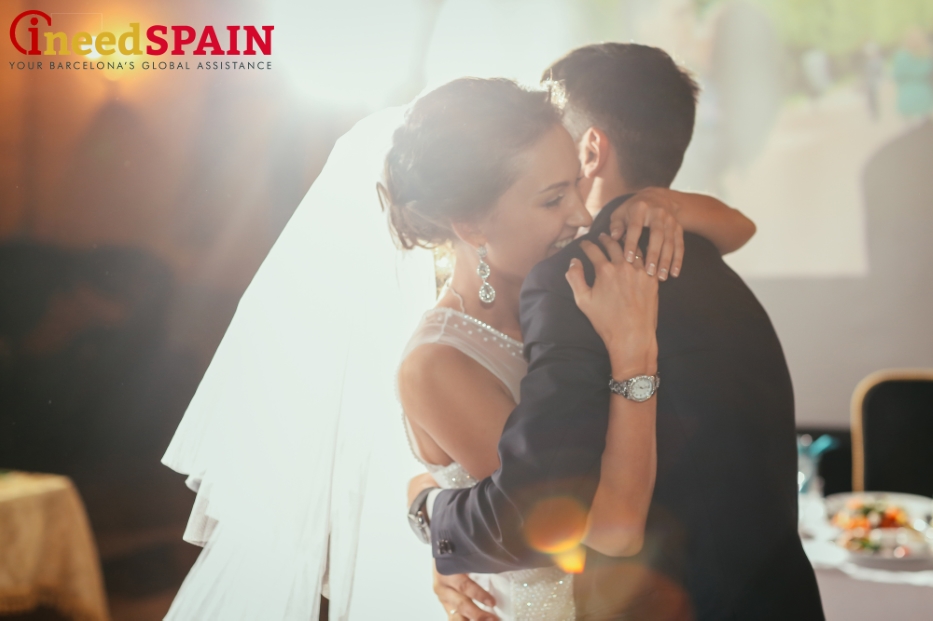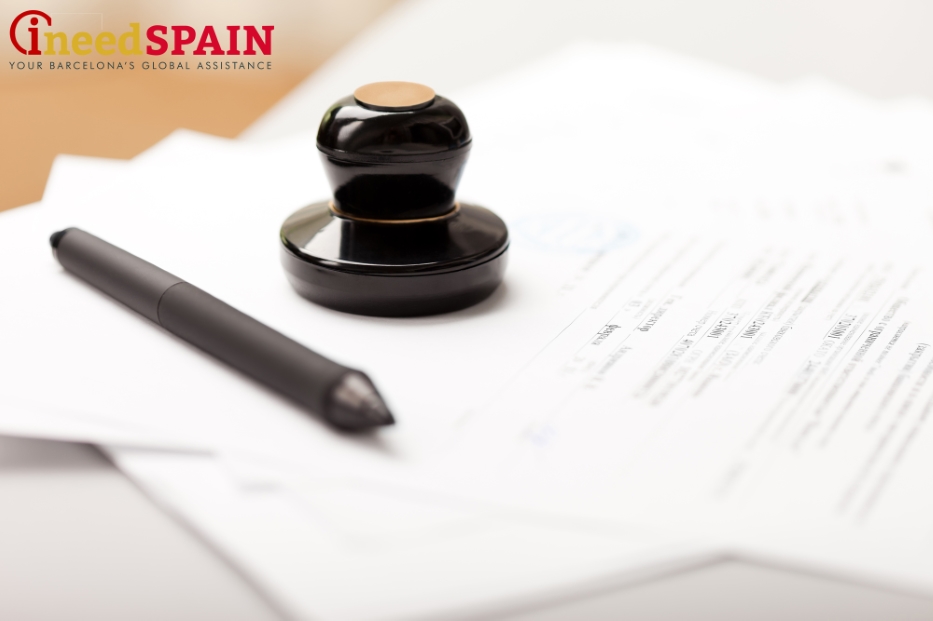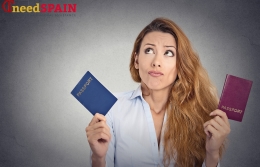
First, it is worth mentioning that the notion of “citizenship by marriage” does not exist in Spain. It is possible to obtain Spanish citizenship (nationality) in one of the following five ways: birth (for example, the children born to a Spaniard and a foreigner or the descendants of Spanish citizens), nationality by the King or the government’s decree (special decree), and process of naturalization based on a pre-existing residence permit. This option is called “nacionalidad por residencia.” In the latter case, it is possible to obtain Spanish citizenship through marriage.
Before presenting the required documents listed below, please bear in mind that a year is counted from the date of the Spanish residence permit based on marriage and not from the marriage date. For example, if you registered your marriage in April and obtained the residence permit in September, you may submit the documents for Spanish nationality no earlier than September of the following year. Another important detail to remember is that at the time you submit the documents for nationality you may not live separately or be legally divorced or separated. This means that even if a couple is legally married, living separately can be grounds for rejecting the nationality petition.
To qualify for Spanish citizenship after marriage, you are required to have a residence permit through marriage and to live together with the Spanish citizen for a year. Moreover, it is important to have a joint registration (empadronamiento) with a spouse, report your income resources, register with the consulate of your country, have no previous criminal records, and be integrated in Spanish society.
Spanish citizenship after marriage - a list of documents necessary

To apply for Spanish citizenship after marriage, one should collect the following documents:
- Application for Spanish citizenship;
- Residence permit, original and copy;
- International passport, original and copy;
- Document demonstrating a joint registration (empadronamiento) with your spouse;
- Birth certificate, legalized or certified;
- Marriage certificate;
- Spouse’s birth certificate;
- Children’s birth certificates (mutual children or from other marriages);
- Certificate of registration with a consulate of the country of origin;
- Certificate of Good Behavior from the country of origin (criminal records certificate);
- Financial Affidavit Form demonstrating sufficient funds to live in Spain, job contract, unemployment certificate, or latest tax return;
- Certificate of the Cervantes Institute as proof of success in passing the language test and integration exam. If an applicant for Spanish citizenship after marriage is originally from a Spanish-speaking country, there is no need to submit these certificates.
Every autonomy has different requirements regarding the couple’s physical presence when submitting the documents for Spanish citizenship after marriage. For instance, in Madrid it is obligatory for both spouses to be present when the documents are submitted. According to new legislation, the decision to apply for citizenship must be made not later than one year after marriage.





